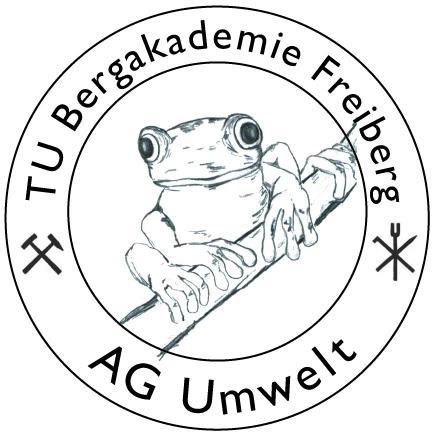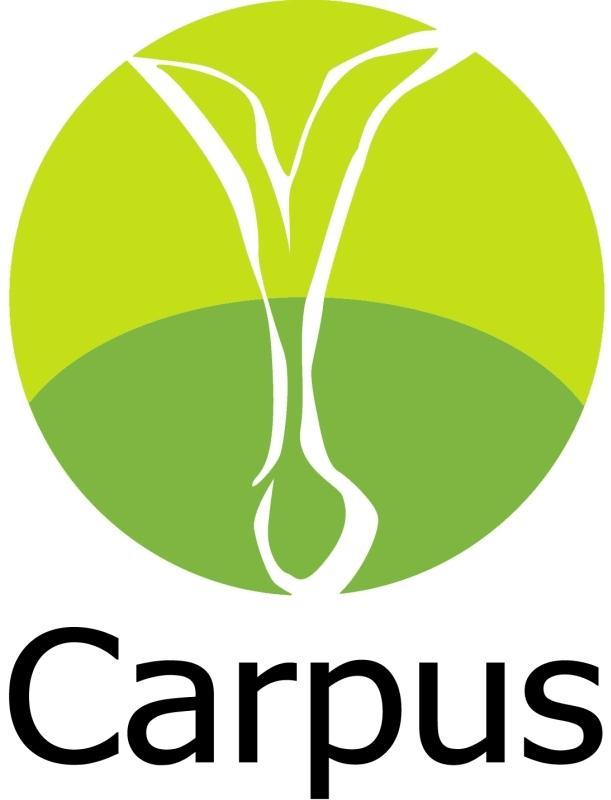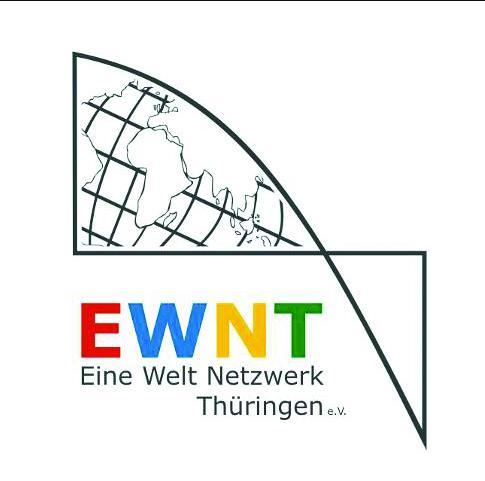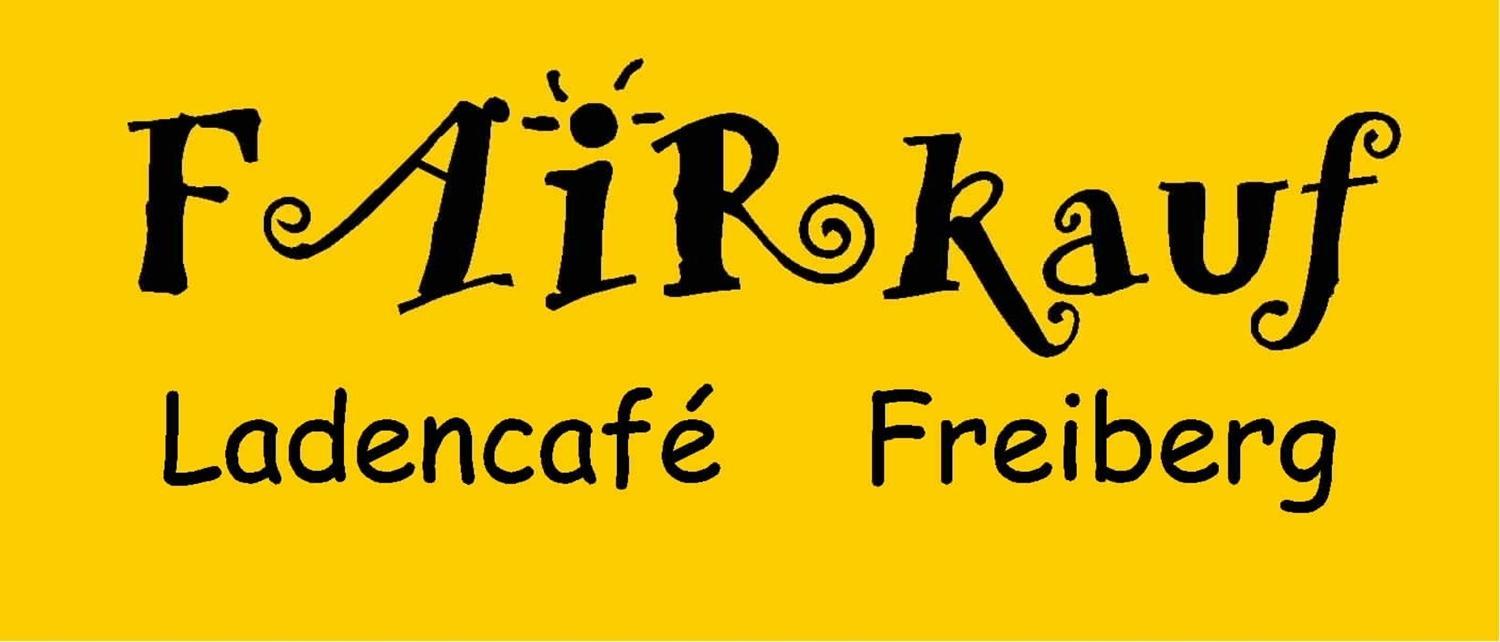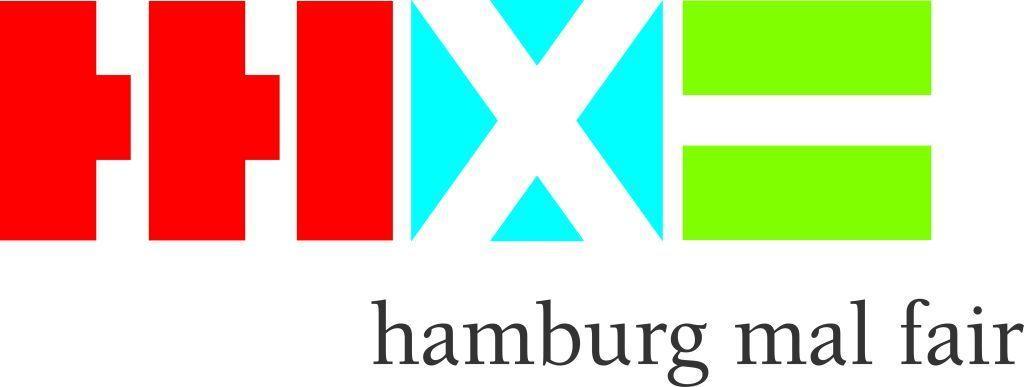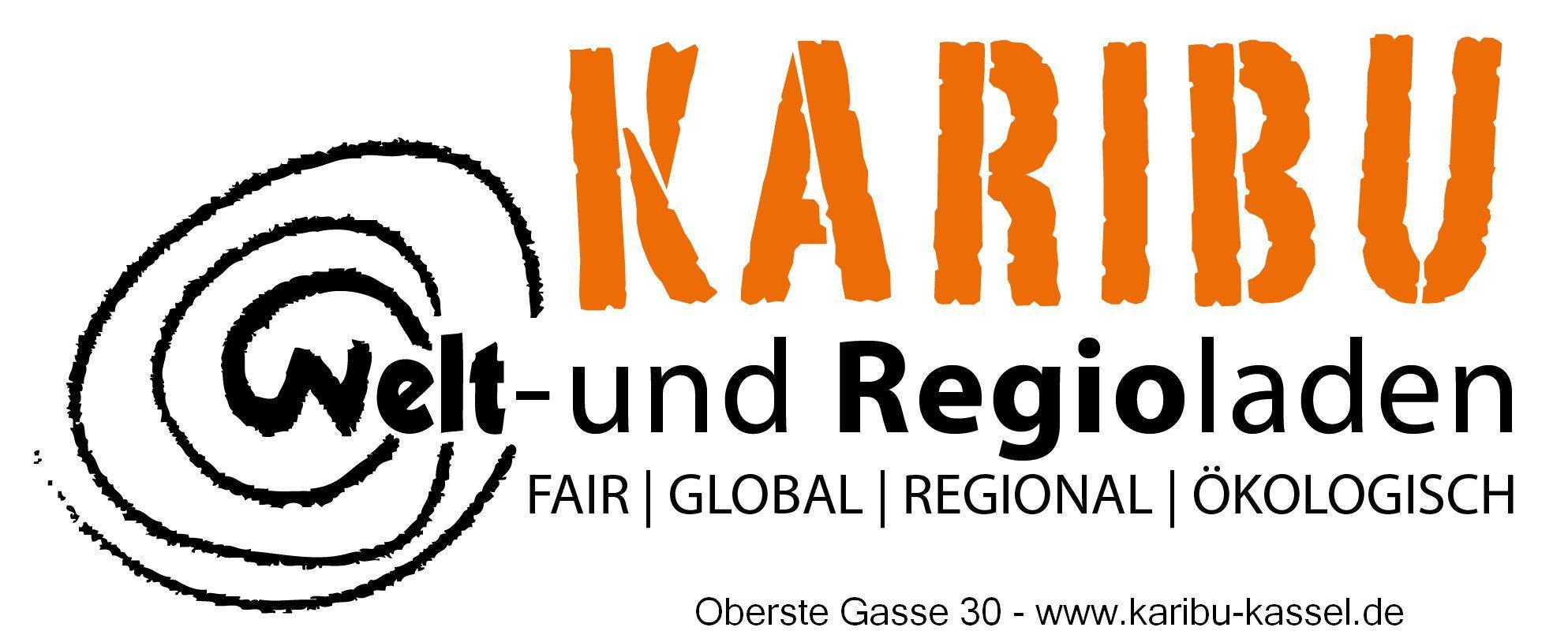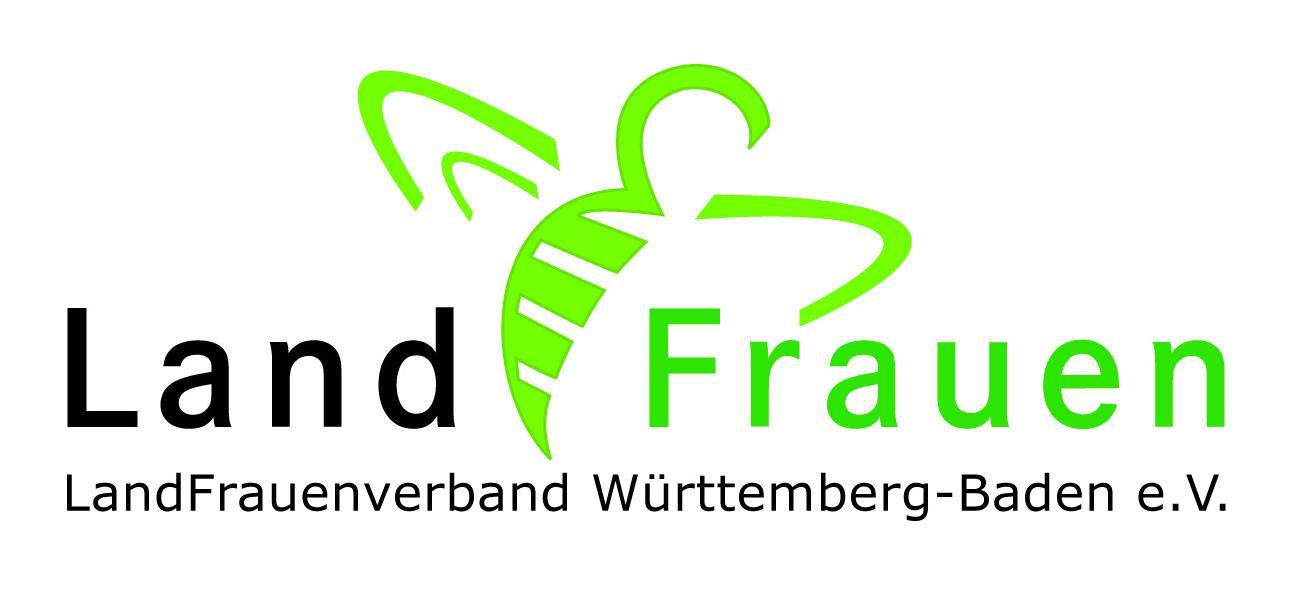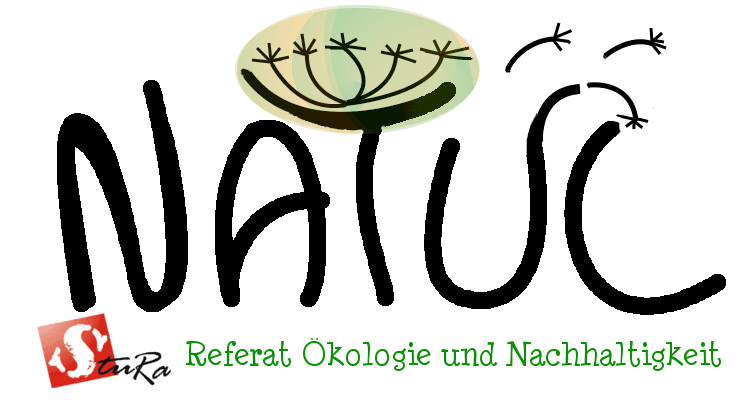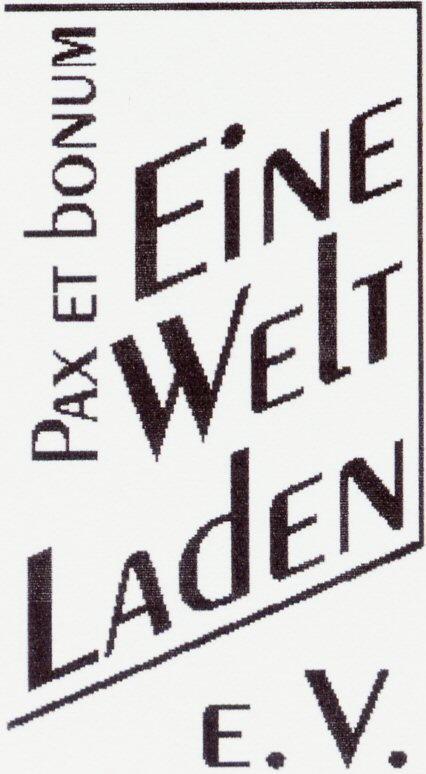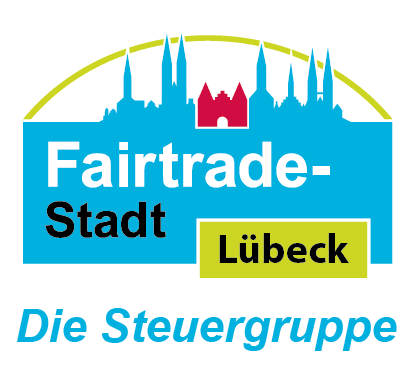Highlights
Together for a fairer chocolate!
With creative protest actions such as Easter Bunny or Santa Claus strikes, with ralleys and petitions, with information booths and numerous events, Make Chocolate Fair! draws people's attention to the intolerable conditions in cocoa production throughout Germany. Together with our supporters, we call on political and economic decision-makers to take action. More than 50 One-World-Shops, parishes and action groups support the Make Chocolate Fair! campaign as official supporters.
Mit einem sensationellen Ergebnis von unsgesamt 17.418 Unterschriften für existenzsichernde Preise für Kakaofarmer*innen endete die Osteraktion 2024/25. Vielen Dank an alle Unterzeichner*innen.
Seit Jahrzehnten versprechen die großen Schokoladenunternehmen, Armut und Kinderarbeit im Kakaosektor zu beenden. Doch sie sind noch immer nicht bereit, einen existenzsichernden Preis für Kakao zu bezahlen. Wir bleiben dran und schauen genau hin, ob Milka, Nestlé, Lindt und Co. endlich zu ihren Versprechen stehen.

Die großen Schokoladenunternehmen versprechen seit Jahren Armut und Kinderarbeit im Kakaosektor zu beenden. Doch noch immer arbeiten 1,5 Millionen Kinder in Ghana und Côte d’Ivoire unter ausbeuterischen Bedingungen auf Kakaoplantagen. Der Hauptgrund für Kinderarbeit im Kakaoanbau ist Armut. Faire Preise beugen Kinderarbeit vor: ein großer Schritt, um Kinderarbeit im Kakaoanbau zu beenden wäre es, wenn Schokoladenunternehmen den Kakaobäuer*innen endlich einen fairen Preis bezahlen. Daher forderten wir gemeinsam mit vielen Aktiven von Milka, Lindt und Co.:
Schokolade muss endlich fair werden!
Im Rahmen der INKOTA-Osteraktion 2024 forderten wir die Schokoladenunternehmen auf, Verantwortung für die Menschen in ihrer Kakao-Lieferkette. Bäuer*innen müssen einen fairen Kakaopreis erhalten.
(Du kommst auf die INKOTA-Website)

Vor dem Mars M&M Store in Berlin beendeten wir am 25. Januar die Aktion „Genuss ohne Gift!“. Bei dieser Kundgebung übergaben wir 8.337 Unterschriften an MARS. Diese Unterschriften hatten wir – gemeinsam mit zahlreichen Aktiven in ganz Deutschland gesammelt, um auf Auswirkungen des gefährlichen Pestizideinsatzes im Kakaoanbau aufmerksam zu machen.
Schokounternehmen müssen endlich Verantwortung übernehmen und Menschenrechte in ihrer Lieferkette einhalten. 8.337 Verbraucher*innen hatten die Petition an Mondelēz (Milka), Lindt, Mars, Nestlé, Ferrero, Ritter Sport, Stollwerck und Storck bis Jahresende unterzeichnet. Sie alle wollen nicht länger hinnehmen, dass für den Kakao in unserer Schokolade Bäuerinnen und -bauern, ihre Kinder und die Umwelt in den Kakaoanbauregionen vergiftet werden.
This year, the Easter bunnies went on strike again for fair chocolate with the motto "Enjoyment without poison!" (German "Genuss ohne Gift!") The focus of this year's action was the increasing use of pesticides in cocoa farming, which still endangers millions of cocoa farmers and their families in West Africa.
In 40 cities and towns across Germany, over 100 activists took to the streets and demanded that the eight largest chocolate companies in Germany end the use of pesticides banned in the EU in their cocoa supply chains by 2025.
Activists were out and about in marketplaces, local shopping areas or street festivals around Easter, calling on passers-by to join the protest by signing their petition. More than 4,000 people supported the action on the streets and online, sending a strong message to the chocolate companies.
Thanks to so much support, the 2023 Easter Action was the biggest in its history and even broke last year's participation record! Thanks to the biggest Easter Bunny protest ever, the first chocolate giants Lindt&Sprüngli as well as Nestlé have already responded to the action and partly declared themselves willing to talk to INKOTA. The public pressure is thus showing effect.
Find the detailed report (in German) on the Easter Bunny strike, all information on how you can still support the action "Genuss ohne Gift!" and how the discussions with the chocolate companies will continue here.
Between Easter and Christmas, more than 2,600 consumers took part in the campaign "End price dumping! #faircocoaprices now!" Together with Make Chocolate Fair! , consumers sent over 7,000 postcards to the eight largest chocolate manufacturers in Germany asking whether they already pay living income cocoa prices to the farmers in their supply chain..
Chocolate companies Ferrero, Stollwerck and Storck completely ignored the consumers' requests. By the end of the campaign, Make Chocolate Fair! had received no response from them. But the answers from Lindt & Sprüngli, Mars, Mondelez, Nestlé and Ritter Sport were also disappointing: none of the five companies actually addressed the question of living income cocoa prices. Instead, they rather referred to insufficient premiums and sustainability programs that cover only part of their supply chains.
Chocolate companies Ferrero, Stollwerck and Storck completely ignored the consumers' requests. By the end of the campaign, Make Chocolate Fair! had received no response from them. But the answers from Lindt & Sprüngli, Mars, Mondelez, Nestlé and Ritter Sport were also disappointing: none of the five companies actually addressed the question of living income cocoa prices. Instead, they rather referred to insufficient premiums and sustainability programs that cover only part of their supply chains.
Consumers must therefore assume that none of the market-leading chocolate companies pays cocoa farmers in their supply chain a cocoa price that makes a life in dignity possible.
Activists from the cocoa sector in Côte d'Ivoire visit Germany
In October, Pauline Zéi, director of INKOTA's partner organization Inades Formation Côte d'Ivoire, and Desiré Adon, cocoa farmer and board member of the COOPASA cooperative, came to visit INKOTA in Germany. On a two-week tour from Berlin, via Bonn and Brussels, they spoke with policymakers about the current situation in West African cocoa farming, advocating, for example, for living icome for cocoa farming families and a strong EU supply chain law.
They also engaged with consumers and chocolate manufacturers. During a public event on October 19, they discussed fair cocoa prices, the strengthening of value creation in cocoa-growing countries and what consumers in Germany can do to make exploitation and environmental destruction in the cocoa sector a thing of the past.
INKOTA Easter campaign "End price dumping!"
From mid-March to Easter, Easter bunnies all over Germany went on strike for fair chocolate. Under the slogan "End price dumping! #faircocoaprizes now!“ they protested against exploitation in the cocoa sector. Easter bunnies in Germany are fed up with the fact that the majority of cocoa farmers in West Africa live in poverty, whilemajor chocolate companies make their biggest sales around Easter every year.
From Neumünster to Freiburg, from Koblenz to Weimar, activitst groups throughout Germany voiced their displeasure, educated consumers about the causes of poverty and child labour in the cocoa sector, and together sent a clear signal for fair cocoa prices:
They invited passers-by to send a postcard to eight of the leading chocolate companies in Germany and ask whether they already pay fair cocoa prices to the farmers in their supply chain. Participation and solidarity with the cocoa farmers in West Africa was overwhelming: 36 groups in 30 cities followed INKOTA's call to action and together with committed consumers sent several thousand postcards to the chocolate companies. This made this year's Easter campaign the biggest in INKOTA’s history!
You can read about how chocolate companies have responded to consumer requests, and whether any of them are already paying fair cocoa prices, here.
On June 11, 2021, the Supply Chain Due Diligence Act - or Supply Chain Act for short - was finally passed in Germany. For the first time, large companies in Germany are legally obligated to respect human rights in their global supply chains. A great success, which would not have been possible without the many supporters of INKOTA!
The fight for the Supply Chain Act has shown that persistence and staying powerstamina pay off. But the fight for more corporate responsibility is far from over with the passing of the Supply Chain Act. Because: the German law has some weaknesses (German only).
Therefore, we will not only critically accompany the implementation of the Supply Chain Act in the future. INKOTA also advocates for a tightening of the supply chain law by the German government. In addition, we are campaigning for a strong European supply chain law that closes the loopholes in the German law.
On the occasion of the International Day against Child Labour on June 12, INKOTA, together with other civil society organisations, issued a joint statement calling on governments and chocolate companies to finally implement their long-overdue promises to abolish child labour in cocoa farming.
The year 2021 could have been a milestone in the fight against child labour: 2021 was declared the International Year for the Elimination of Child Labour by the United Nations. And this year also marks the 20th anniversary of the signing of the "Harkin-Engel Protocol". In 2001, major chocolate manufacturers such as Nestlé and Mars promised to end the worst forms of child labour in cocoa farming. But around 1.5 million children still work under hazardous conditions on cocoa plantations in Côte d'Ivoire and Ghana alone.
The specific demands of civil society as well as the entire declaration in English and French can be found here.
Just in time for Easter, INKOTA, together with other organisations, publishes the "Chocolate Check" in German for the first time. For the check, the most important international chocolate companies and cocoa processors were surveyed on six sustainability topics: child labour, human rights due diligence, supply chain transparency, deforestation, organic farming and living income.
The sad result: none of the market leaders can guarantee chocolate without poverty and child labour. Mondelēz (Milka), Nestlé, Ferrero, Mars and Lindt therefore only land in the midfield. WhileRitter Sport does fairly well among German chocolate companies, the "Golden Egg award” went to the Dutch company Tony's Chocolonely, which is far ahead of the big companies in terms of sustainability. The disappointing last place goes to the German confectionery companiy Storck (Merci, Toffifee, Knoppers). It was awarded a "red egg" for a lack of transparency.
The results of the Cocoa Barometer 2020 are clear: 20 years of voluntary sustainability efforts in the cocoa sector have shown no success. Poverty in cocoa farming remains widespread, hazardous child labour has even increased in the meantime, and deforestation is progressing.
The publishers of the Cocoa Barometer, which include INKOTA with its Make Chocolate Fair! campaign, are therefore calling on governments and companies to take binding and transparent actions to combat deforestation, poverty and human rights violations in the cocoa sector.
The focus of the Cocoa Barometer 2020 is on the devastating environmental damage in cocoa farming - above all the deforestation of rainforests due to the expansion of intensive cocoa cultivation. Also, the rapidly increasing use of hazardous pesticides in cocoa cultivation has far-reaching consequences for people and the environment: it endangers cocoa farmers’ health, destroys natural ecosystems and damages the soil.
Download Cocoa Barometer 2020 now (PDF, English).
Rainforest Alliance, sei kann Frosch!
With the e-mail action "Rainforest Alliance, sei kein Frosch!" INKOTA demands the largest certification organisation in the cocoa sector to include living income cocoa prices in its new certification standard. Hundreds of supporters took part in the action and sent e-mails to Rainforest Alliance’s CEO.
As part of a round trip, cocoa farmer Elizabeth Osei Agyei and Sandra Kwabea Sarkwah from INKOTA partner organisation SEND-Ghana are touring across Germany. At events in Berlin, Oldenburg, Speyer and Tübingen, they will report vividly on the situation in cocoa farming in West Africa
On the occasion of the World Cocoa Conference 2018 in Berlin, Make Chocolate Fair! protested together with over 100 children from the “SchokoFair” initiative, activists and a human-sized chocolate bar for higher cocoa prices. The action caused a great media echo.
Mit dem Aufruf des Videos erklären Sie sich einverstanden, dass Ihre Daten an YouTube übermittelt werden und Sie die Datenschutzerklärung gelesen haben.
Activists from Make Chocolate Fair! hands over 122,826 signatures for the campaign petition to the umbrella organisation of European confectionery manufacturers CAOBISCO in Brussels. The handover was preceded by the campaign’s European Chocomobile Tour with over 35 events in 14 countries.
Mit dem Aufruf des Videos erklären Sie sich einverstanden, dass Ihre Daten an YouTube übermittelt werden und Sie die Datenschutzerklärung gelesen haben.
As part of the email campaign #nachgehakt: Wie fair ist meine Lieblings-Schoki? (follow-up: How fair is my favourite chocolate?), thousands of Make Chocolate Fair! supporters asked chocolate companies what they are actually doing to improve the living and working conditions of cocoa farmers. A total of 26 companies responded to the consumers' questions. The results show that companies intend to end the poverty of cocoa farming families primarily through training and the purchase of certified cocoa. But there is a lack of transparency as to what effect these initiatives actually have. None of the major chocolate manufacturers has a strategy for achieving a living income for cocoa farming families.
A shocking video by Make Chocolate Fair! is causing a stir on social media. You better watch out - what's on your plate here is really unbelievable...
Mit dem Aufruf des Videos erklären Sie sich einverstanden, dass Ihre Daten an YouTube übermittelt werden und Sie die Datenschutzerklärung gelesen haben.
Mit dem Aufruf des Videos erklären Sie sich einverstanden, dass Ihre Daten an YouTube übermittelt werden und Sie die Datenschutzerklärung gelesen haben.
The Easter bunnies in Germany are going on strike and refuse to put unfair chocolate eggs in Easter nests this year. In front of Berlin's Kaufhaus des Westens (KaDeWe) shopping mall, they unveil an oversized chocolate egg that contains a nasty surprise: hunger, poverty and child labour.
Mit dem Aufruf des Videos erklären Sie sich einverstanden, dass Ihre Daten an YouTube übermittelt werden und Sie die Datenschutzerklärung gelesen haben.
The Make Chocolate Fair! campaign is awarded the Fairtrade Award and takes 2nd place in the civil society category.
In solidarity with the Make Chocolate Fair! campaign, the Santas in Germany are laying down their work and going on strike for better living conditions for cocoa farmers.
Mit dem Aufruf des Videos erklären Sie sich einverstanden, dass Ihre Daten an YouTube übermittelt werden und Sie die Datenschutzerklärung gelesen haben.

